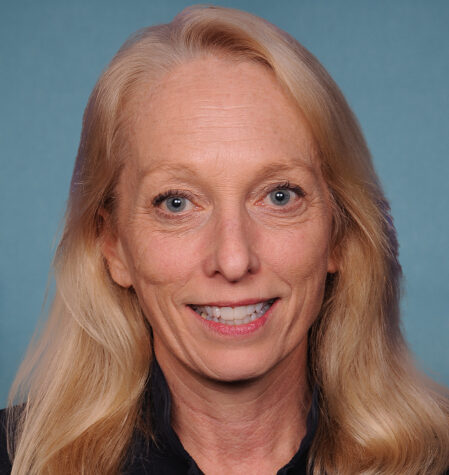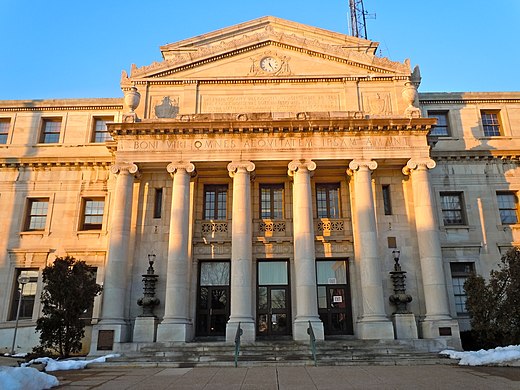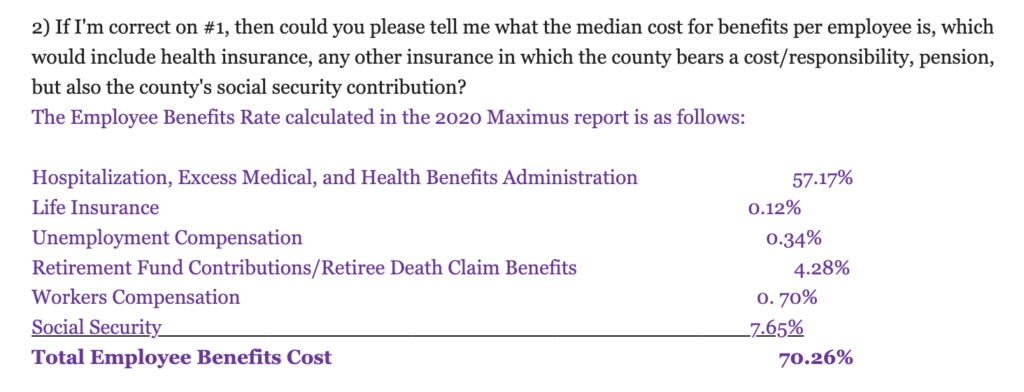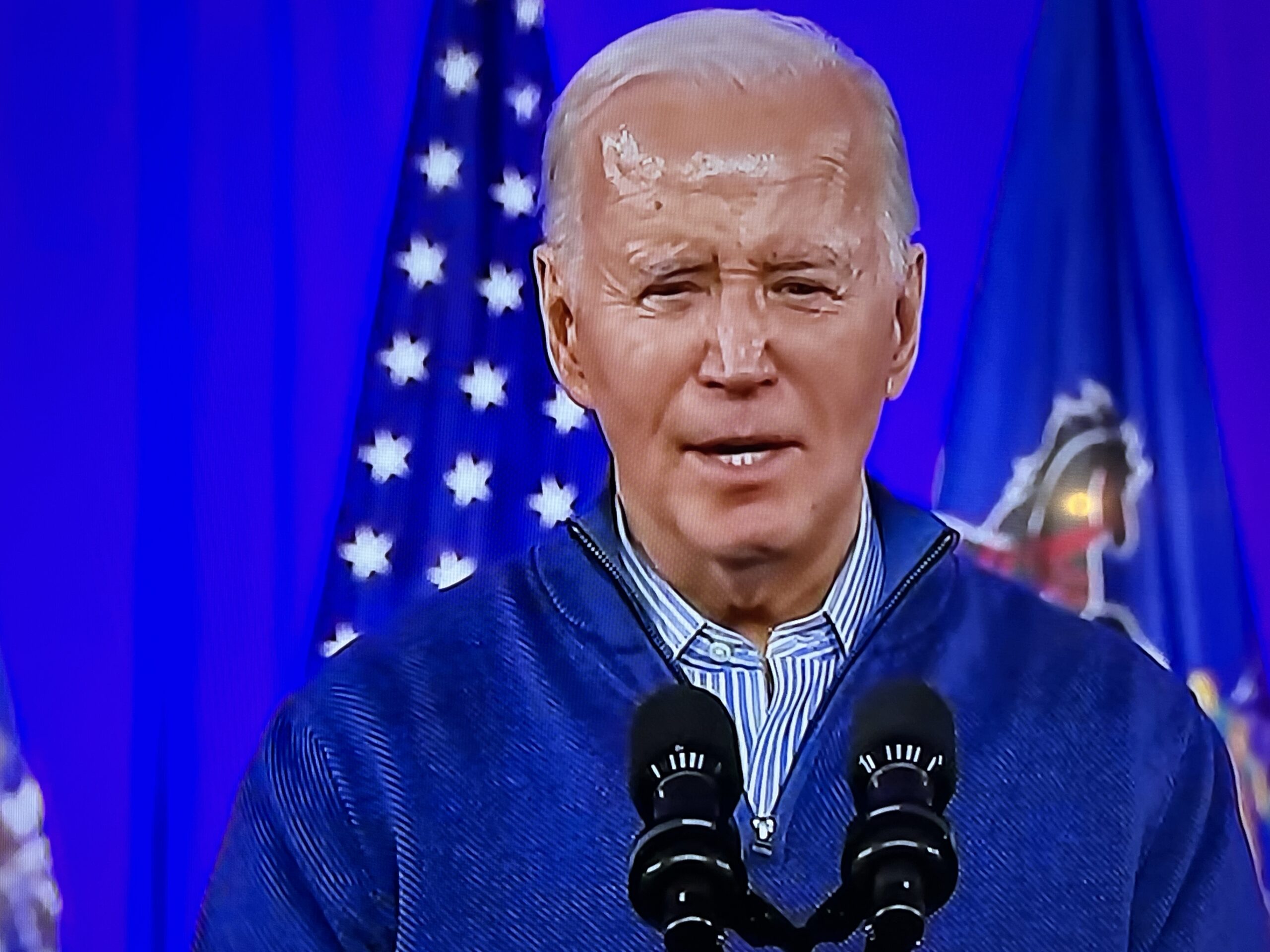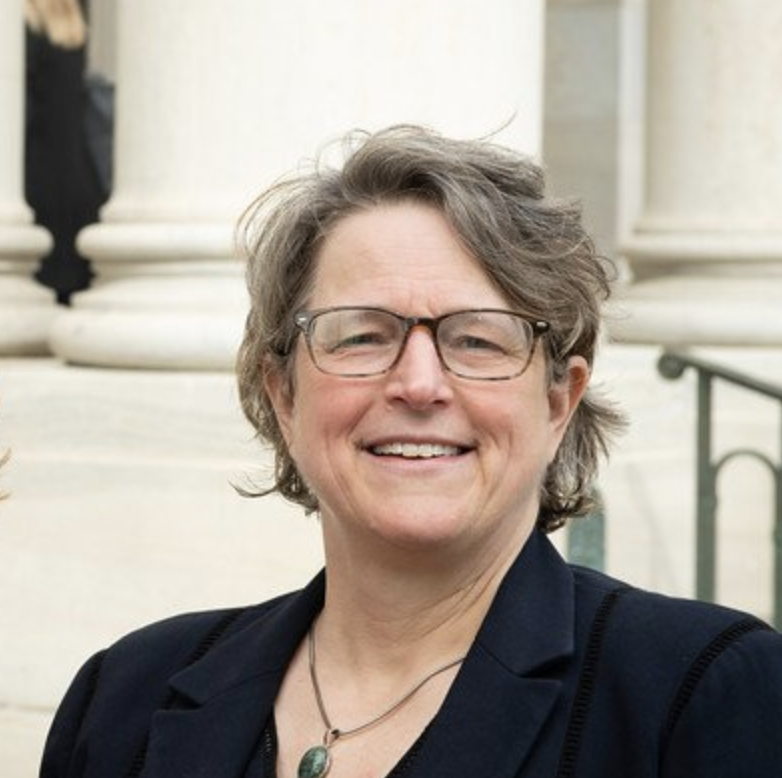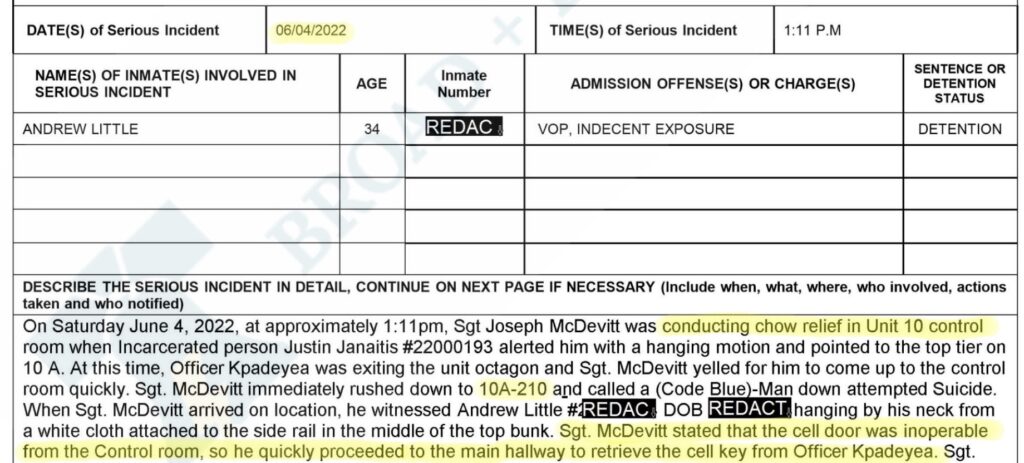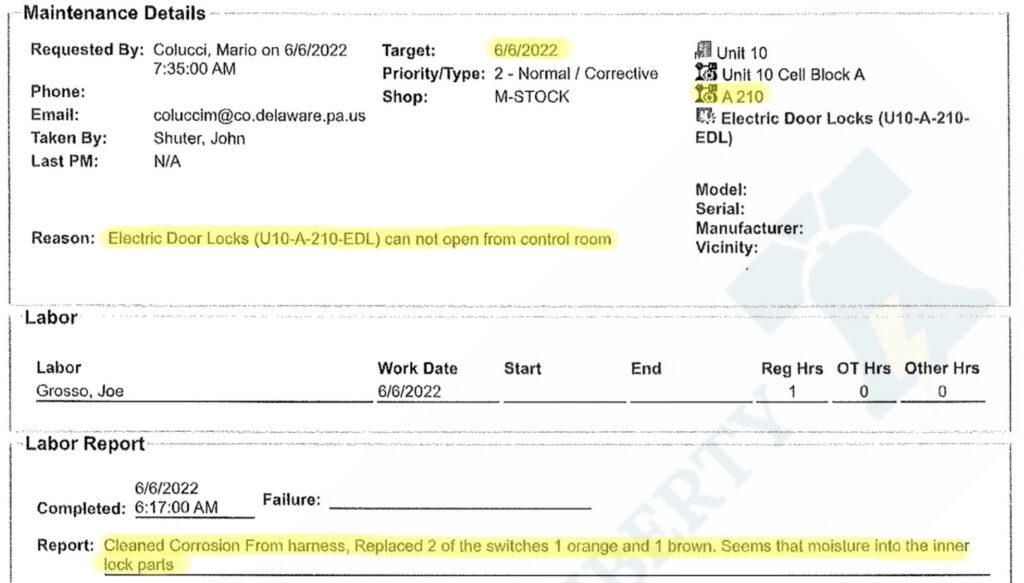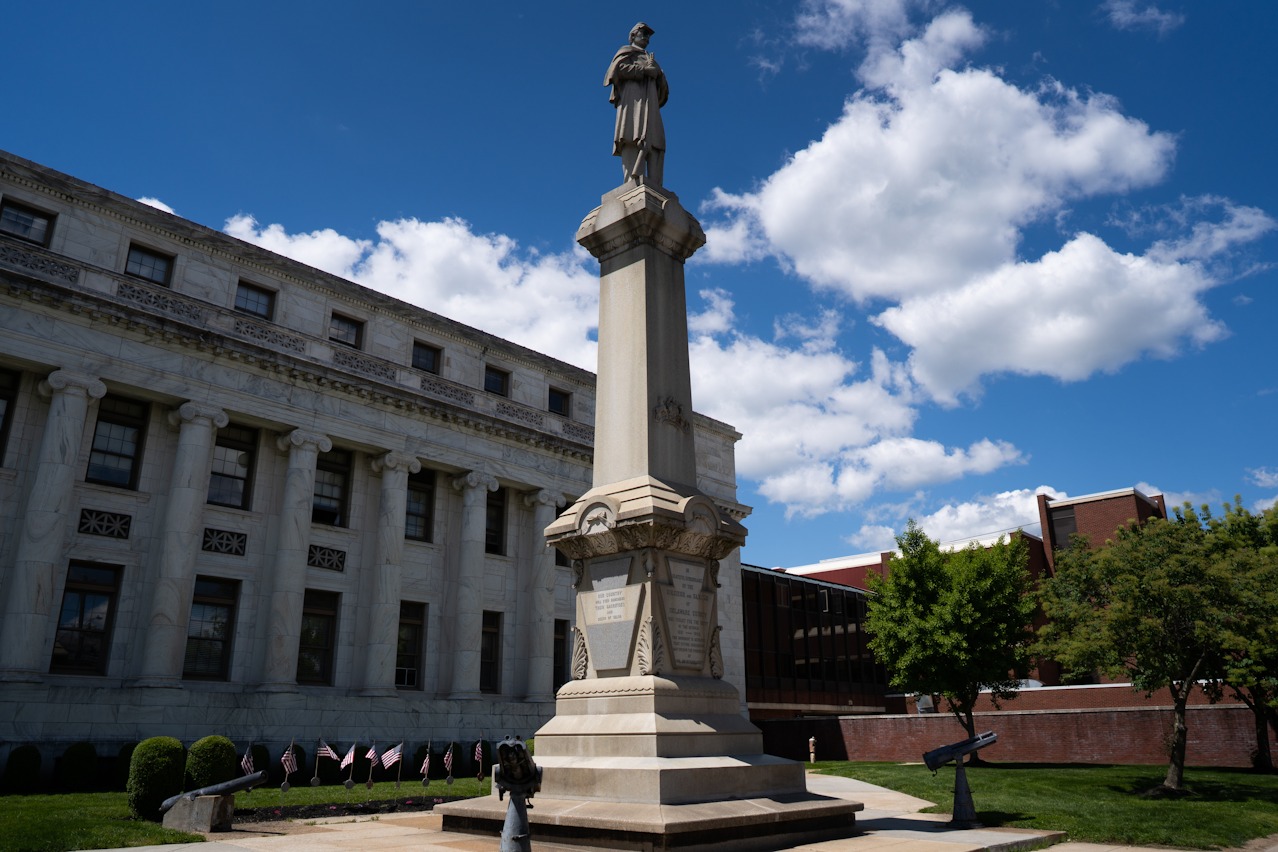Nonprofit Pushing Climate-Change Lawsuits Making Outreach to Delco, Chester Counties, Email Shows

(This article first appeared in Broad + Liberty.)
The nonprofit trying to persuade local governments to sue “Big Oil” producers for damages allegedly caused by climate change has been making steady advances to Chester and Delaware counties, according to an email provided to Broad + Liberty.
The revelation comes just two months after the Bucks County Board of Commissioners announced it would sue major oil producers like BP, Chevron, Exxon, and others, arguing that the companies knew for decades that their products would cause climate change yet took no action. Several days after the announcement, the only Republican on the three-person board, Gene DiGirolamo, withdrew his support for the suit.
Indeed, it appears as if the Center for Climate Integrity (CCI) was eager to use its success with Bucks County as a springboard.
Bucks County became the first local government in the commonwealth to take up the kind of suit that first began to sprout up about a decade ago. For example, in 2016, San Francisco and some other California municipalities sued longtime oil producers. Bucks County is being represented by the law firm DiCello Levitt on a contingency basis, meaning the county does not pay the lawyers unless the lawyers win the case.
In an email sent March 18, 2024, a senior political associate for CCI emailed Delaware County Councilmember Christine Reuther, and cc’d Bucks Commissioner Bob Harvie, both Democrats.
“My name is David Zeballos and I’m with the Center for Climate Integrity (CCI), a nonprofit that helps elected officials and their communities hold oil and gas corporations accountable for the massive costs of climate change. I’ve met with a number of folks who have told me about the southeast PA regional call that you are now leading! That includes Council Member Elaine Schaefer, Commissioner Bob Harvie, Commissioner Josh Maxwell, and Commissioner Marian Moskowitz, who all expressed support about the work CCI does,” Zeballos wrote.
“Do you have any availability for a 30 min Zoom meeting to talk about our work in Pennsylvania and areas for collaboration?” Zeballos wrote later in the email.
The Center for Climate Integrity is a Washington D.C.-based nonprofit that says its mission is to “educate communities and elected officials about the role of polluters in causing climate change and the need to hold polluters accountable for their actions.”
A spokesperson for Chester County said no action is imminent, but noted that could change.
“Chester County is not considering a similar lawsuit at this time,” spokesperson Michelle Bjork said. “However, we will continue to monitor any developments in Bucks County’s case and will reevaluate as needed.”
“Chester County’s commitment to protecting the environment and our residents is demonstrated by our efforts to preserve more than 30 percent of the County as permanently protected open space and we will continue to explore all avenues to safeguard our community,” Bjork said.
Requests for comment to Delaware and Bucks counties were not returned. A request for comment to CCI was also not returned.
Delaware County already has something of an established relationship with CCI. County Council Chair Monica Taylor (D) is listed as a member of CCI’s “leaders network” and recently participated in the press roll out of a major CCI study.
In November, Taylor rattled her rhetorical sword about the need to punish oil producers in a Politico article.
“I agree that it’s not fair for this burden of addressing climate change to fall only on our residents,” Taylor said. “Polluters should and must pay.”
Yet the politics of oil are very different between Bucks and Delaware counties. In Delaware, thousands of people are employed in the industry at places like the Marcus Hook LNG terminal.
Counties do receive annual payouts from Pennsylvania’s “Act 13” of 2012, commonly known as the “impact fee” imposed on “unconventional” gas wells and distributed to counties and municipalities to help them maintain the environment, or to offset the wear on infrastructure from oil and gas drilling.
For example, for the five years from 2019 to 2023, Bucks County received $2.76 million from the impact fee, even though there are no active wells in the county. Delaware County took in $2.45 million over the same period, according to a state website devoted to Act 13 revenues and disbursements.
The impact fee delivered $179 million across all governments in the commonwealth in 2023.
In Western Pennsylvania, CCI gave a presentation in April on “climate accountability” to an environmental subcommittee of the Allegheny County Council. At the time, a council member said it would be premature to assume the county would sue oil producers.
Some of the initial lawsuits against Big Oil have already failed. In 2019, a New York judge ruled in Exxon’s favor, but as is often the case, the message of the ruling was nuanced, with Justice Barry Ostrager of the New York State Supreme Court writing, “this is a securities fraud case, not a climate change case.”
Other cases remain in progress, and, “[t]he number of climate-related cases against Exxon continues to grow,” the Wall Street Journal recently reported.
“In February, the city of Chicago sued Exxon and other major oil companies alleging they deceived Chicagoans about climate change. In March, Bucks County, Penn., filed a similar suit. The Center for Climate Integrity, an environmental group the Rockefeller charities helped create, swayed officials in both places to bring the suits.”
IRS filings show CCI is predominantly funded by the Rockefeller Family Fund, the philanthropic endeavor established by the legendary New York family whose business pursuits in the earliest parts of the 20th century produced Standard Oil, the petroleum monopoly whose most prominent corporate successor is Exxon.
The Journal also reported that the Rockefeller Family Fund “influenced President Biden’s decision in January to pause approval of new liquefied natural gas exports,” — a decision that touched off bipartisan condemnations in Pennsylvania, the nation’s largest LNG exporter.
“While the immediate impacts on Pennsylvania remain to be seen, we have concerns about the long-term impacts that this pause will have on the thousands of jobs in Pennsylvania’s natural gas industry,” Democratic U.S. Senators Bob Casey and John Fetterman said in a joint statement. “If this decision puts Pennsylvania energy jobs at risk, we will push the Biden Administration to reverse this decision.”
Numerous other politicians, including many Republicans, and associations also heavily criticized the Biden LNG “pause” — something that could easily become an issue in the presidential election this year if circumstances continue to make Pennsylvania a crucial battleground state.
The email cited in this story was obtained via the Pennsylvania Right to Know Law by the nonprofit organization Government Accountability and Oversight. A database search of nonprofit tax filings did not reveal any significant grant donations to GAO in order to be able to characterize its funding.


